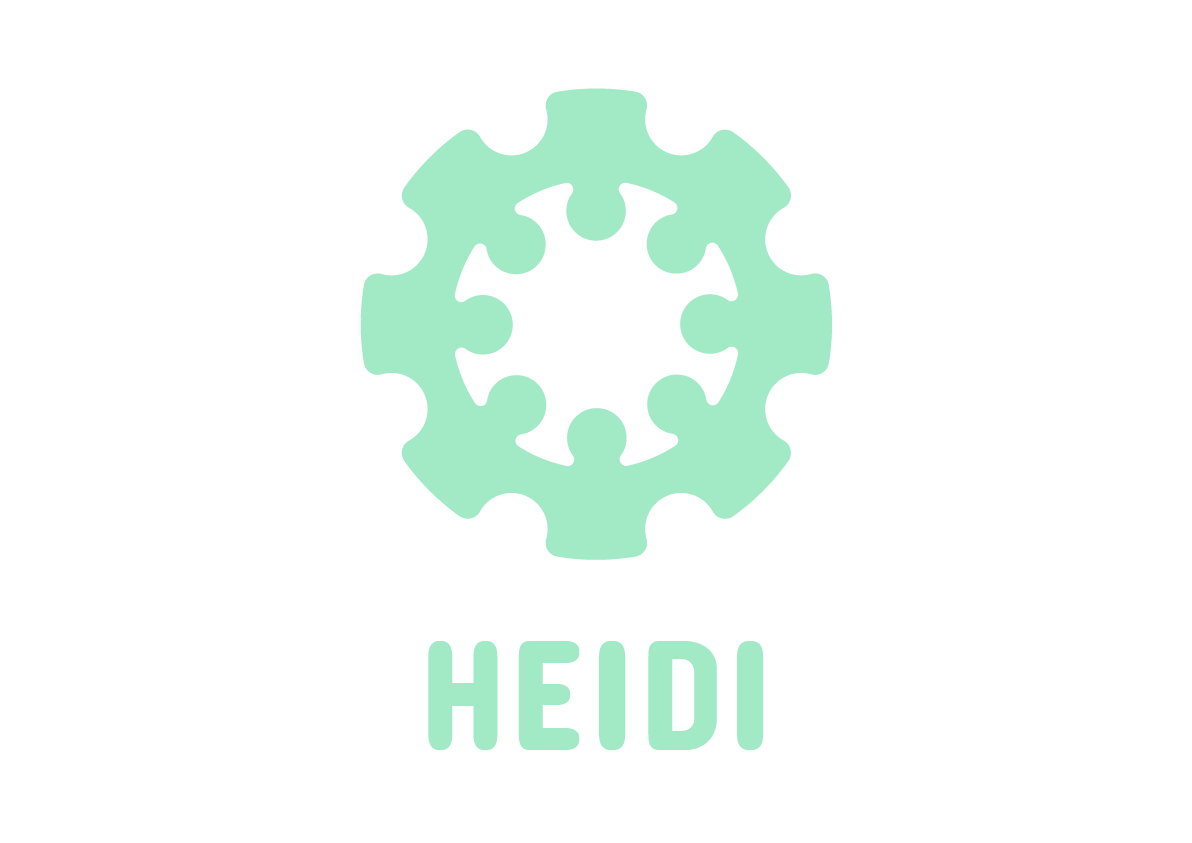Training: Achieving policy impact with Citizen Science

As part of our Citizen Science for All Talks (link to Citizen Science For All blog post please), on 3rd March UCL organised a webinar on Achieving Policy Impact with Citizen Science.
The goal of some citizen science projects, or founding groups, is to have an impact on policy – for example, to alter or strengthen some environmental regulation. This may be regional, national or international. Citizen science can help drive evidence-based policy by providing data.
Our Citizen Science For All Talks are open to all audiences and involve 2 or 3 guest speakers giving a short talk on some aspect of citizen science. In this case, they were:
- Professor Muki Haklay, Director of UCL Extreme Citizen Science
- Dr Sven Schade, Scientific / Technical Project Officer at European Commission, Joint Research Centre
- Dr Izzy Bishop, Freshwater Ecology Consultant and Research Lead at Earthwatch
Muki told us a little about the history of science, including about biodiversity and the environment, and the more recent history of citizen environment reporting. One interesting story he told is that in some cases these environmental monitoring schemes lasted a long time, then were stopped, and then later someone returned to the data they gathered, realised how useful it was and started the process up again! He told us some stories of – in some cases very local and informal – instances of environmental citizen science, even where it was simply neighbours coming together to discuss and address a problem. On the other hand, there may be large national schemes where a national organisation is likely to be involved.
Sven works at and provides advice at the EU level. As he told us, there are many projects on for example noise, air quality, monitoring birds, pollinators etc – all of which impact policy. However, it is necessary to make citizen science methods and data accessible and understandable to policy makers, and to report on what policy changes actually result from citizen science and what happens. Environmental agencies and collaboration between organisations are crucial. There is a lot of documentation in this area – the results of 500 projects have been written up! This has also been a useful way to grow large citizen science communities and for countries to learn citizen science methodology from each other.
Izzy took us through some examples of freshwater ecology – but first she set out a five-step process for policy changing: 1) identify the problem, 2) suggest a solution, 3) adopt the policy, 4) enforce, set out or promote the policy, 5) evaluate the policy to see how well it is working. This is a very collaborative process, never made simply by one organisation. She then told us some citizen science stories of people interested in maintaining the health of rivers – these people may have special interests of their own, such as angling. Bottom-up community action is often very useful. She also told us about the impact of Brexit on British rivers: many of the environmental standards around them are EU directives, which suddenly no longer applied. What is the best way to maintain the health of UK rivers now?
It was a fascinating series of talks of three very different areas. Thank you Muki, Sven and Izzy! You can catch up on our livetweets here, and catch up on our YouTube video of them here.

